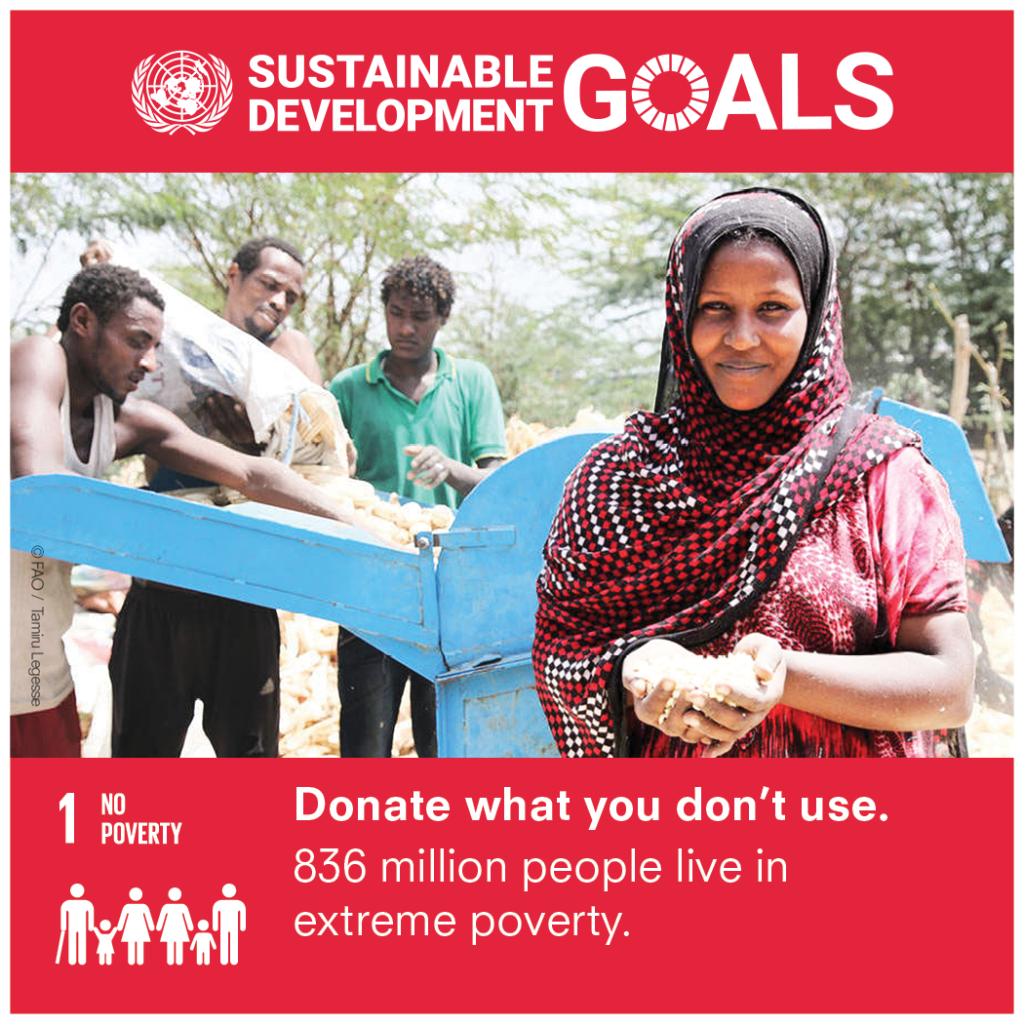A warm humid day for most of the daylight hours. So I got to rest out my new decking area with my lounger. Perfect location – catches the sun really well. I must get my garden misting system set up.
From the decking I can keep an eye on my buried hand cleanser store.
I’ve seen a few people post Bible quotes about the prodigal son and the lost sheep to explain why they use the term BLM. Not the best quotes to use in my view (Black people are not lost). There are some better quotes to use. These two quotes sort of irk me. It’s the Jonah idea. There are some people I really don’t want to see un-lost – forgiven.
While working in government there were two particular comments made to me that really caused me serious problems. The first was a colleague that said “Hitler had the right idea with the Jews”. He made sure it was said in private, and he was trying to provoke me. He was a nasty piece of work, and very clever at how he went about things. Thankfully his manager found an exit strategy for him.
The other comment was harder to deal with. Somebody told me in confidence that they were a racist and that “Blacks are lazy”. However he said he understood that those views were not appropriate in the workplace and he would treat everybody equally. As far as I could tell he really lived up to that. Over the next year he became good friends with the black woman working for us. A couple of years later he was one of the strongest defenders of equality.
The challenge I get from the prodigal son or the lost sheep is that it actually is more fitting to compare the “lost” with the racist. For the life of me I have not been able to want that first person to be forgiven. I’ve got a way to go.
I guess racism doesn’t go when systems change, it really only goes when people change.
So the first of the UN SDGs is to end poverty by 2030.

Extreme poverty was originally defined as $1.25 a day. There are a number of targets:
- By 2030, eradicate extreme poverty for all people everywhere, currently measured as people living on less than $1.25 a day
- By 2030, reduce at least by half the proportion of men, women and children of all ages living in poverty in all its dimensions according to national definitions
- Implement nationally appropriate social protection systems and measures for all, including floors, and by 2030 achieve substantial coverage of the poor and the vulnerable
- By 2030, ensure that all men and women, in particular the poor and the vulnerable, have equal rights to economic resources, as well as access to basic services, ownership and control over land and other forms of property, inheritance, natural resources, appropriate new technology and financial services, including microfinance
- By 2030, build the resilience of the poor and those in vulnerable situations and reduce their exposure and vulnerability to climate-related extreme events and other economic, social and environmental shocks and disasters
- Ensure significant mobilization of resources from a variety of sources, including through enhanced development cooperation, in order to provide adequate and predictable means for developing countries, in particular least developed countries, to implement programmes and policies to end poverty in all its dimensions
- Create sound policy frameworks at the national, regional and international levels, based on pro-poor and gender-sensitive development strategies, to support accelerated investment in poverty eradication actions
In 2019 the projection was that we would hit 6% of the world in extreme poverty by 2030 (we were aiming for 3%). It was 36% in 1990 – so we have come a long way, but we were expected to miss the target. 55% of the poorest live in sub-saharan Africa. 20% of children live in extreme poverty. Estimates are that it would cost rich countries 1% of our income to eradicate poverty by 2030.
Then coronavirus happened. We know that 90% of deaths due to disasters occur in low and middle income countries, coronavirus is unlikely to be different (we are talking of all deaths, not just deaths from the virus).
87% of people in sub-saharan Africa had no social protection. The prediction is that income loses in poor countries will be over $200 Billion – remember a lot of this is related to people earning a dollar or two a day.
Yes, things may be bad in the UK – but nothing like what is expected in Africa. I understand the problem some people had with statues of slave traders, but I couldn’t help feel it was a white middle class type of response – if we really care about black lives we need to focus more of our energy in to dealing with the poverty in sub-saharan Africa.
The UN is advocating a really radical response. You can see in the graphic above the idea that they are suggesting “Donate what you do not use”. The have developed a campaign “UNDP seeking unprecedented COVID-19 support for vulnerable countries” If you click on the link there is a donate button at the top of the page.
